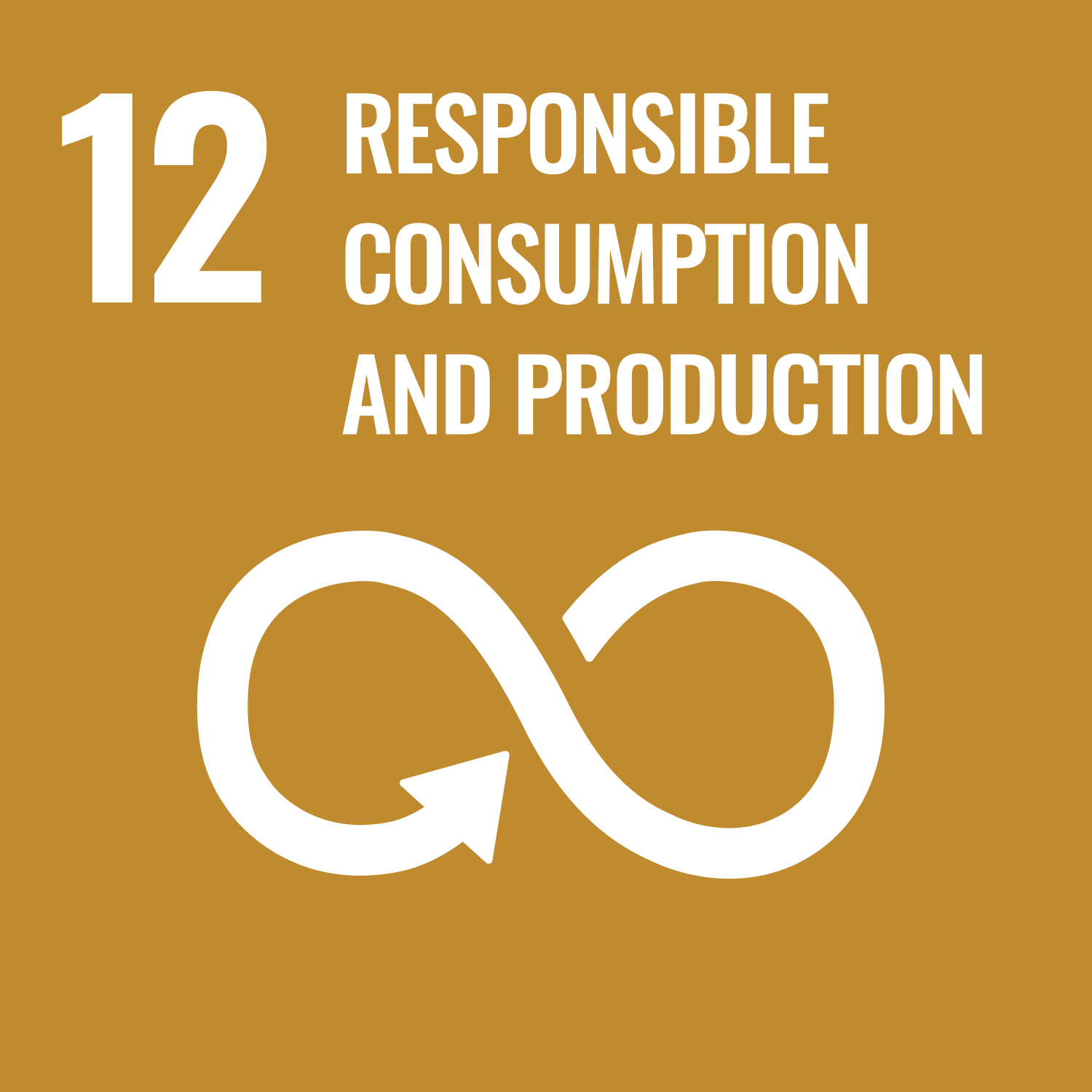Abstract
This paper provides an analysis of the relationships between dwelling, household, and motivation, behaviour and perception characteristics and winter heating setpoint temperatures (n = 111) and heating periods (n = 148 and 145) used in UK social housing. The work capitalises on primary data from a socio-technical household survey, undertaken in Plymouth, UK, during 2015, which was merged with building audit data collected by the social housing association managing the properties. The mean reported heating setpoint temperature was 20.9 °C and the average weekday and weekend day heating periods were 9.5 h and 11.2 h respectively. The results suggest that heating setpoint temperatures and periods vary greatly among UK social houses, but there are clear systematic variations according to dwelling, household, and motivation, behaviour and perception characteristics. The research could enable social housing providers, the government and commercial organisations to target energy efficiency measures (i.e. thermal upgrades) and social interventions (i.e. behaviour change) at those dwellings and households where their impact may be most beneficial. The results presented could also be used to better inform the assumptions of heating preferences in energy models, which could result in more realistic predictions of the space heating demands of social housing and the potential energy savings from refurbishment measures.
DOI Link
Publication Date
2016-09-01
Publication Title
Energy and Buildings
Volume
127
ISSN
0378-7788
Acceptance Date
2016-06-02
Embargo Period
2017-06-03
Keywords
Space heating preferences, Social housing, Socio-technical survey, Building audit, Heating setpoint temperature, Heating periods, Energy modelling
First Page
382
Last Page
398
Recommended Citation
Jones, R., Fuertes, A., Boomsma, C., & Pahl, S. (2016) 'Space heating preferences in UK social housing: A socio-technical household survey combined with building audits', Energy and Buildings, 127, pp. 382-398. Available at: 10.1016/j.enbuild.2016.06.006





